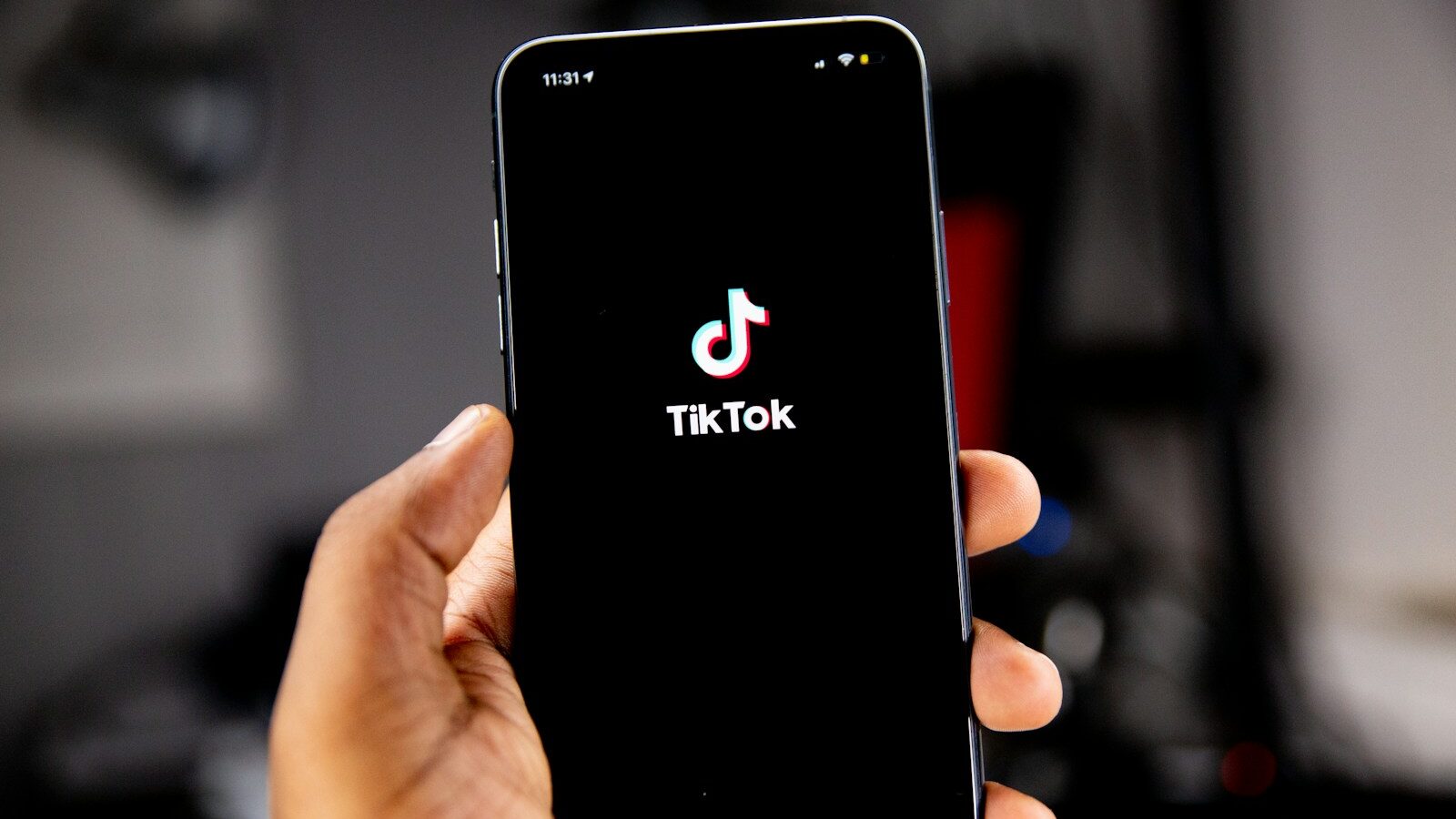Personalisation is becoming a key feature of the most effective technology, tailoring the experience to our preferences to make life easier. We now take it for granted that Netflix offers us content suggestions based on what we’ve watched before or Amazon offers us products we might like based on our previous purchases. Yet when it comes to learning, it’s still not commonplace to see technology being used to offer a personalised experience.
When embarking on a training programme, it’s still quite common to find yourself attending sessions in a classroom or within your office. In both cases you, alongside many other people, attend a certain place for a certain time and the sessions last for a specified time length and to a fixed schedule. This one-size-fits-all approach may be easy to organise, but it’s certainly not a perfect fit for each individual.
Accounting for different learner preferences
In order to create more effective learning interventions, L&D programmes need to find ways to take into account learner preferences. We all have certain environments that help us focus and ways of being taught that we are most receptive to, ranging from listening to a podcast on the way into work or watching a video tutorial in a café to sharing ideas in online forums.
These examples have technology at their core, giving users options to find the time and place that suits them best. Some businesses are embracing these tools but failing to do so means businesses lose out in the process.
The best online learning incorporates a variety of different content types to avoid the pitfalls of long, static pages of text or basic click-and-watch videos. These can include animations, podcasts, scripted videos playing out scenarios, skype interviews with subject experts, comic strips and infographics – the more varied, the better.
L&D programmes need to find ways to take into account learner preferences.
By making this content bite-sized and accessible on mobile devices, the learner is given freedom to customise their experience to suit them. Short quizzes are an effective way to test and reinforce learning at the end of a section, as well as reflective activities like blogging to encourage learners to think about and apply what they’ve absorbed.
One element of online learning that is often neglected is group work
By working on an assignment or discussing a topic in a small team as part of a collaborative online class, learners create a network of peer support that helps motivate them to complete the course. For programmes that span several weeks or months, group work replicates the mechanisms of support that you get in a face-to-face environment, which could be within the learning software or even a WhatsApp, Google Hangout or Facebook group.
This collaboration means knowledge can be shared by learners with a diverse range of backgrounds, locations and industries, enriching the learning experience.
Whether working towards a qualification or gaining job-based skills, completing the entire programme is fundamental. Yet when courses involve attendance at a rigid time and place, ongoing commitment is difficult to gain.
Online learning offers more flexibility. Over 70% of learners complete our online courses, compared to just 22% of equivalent courses in the industry, and accessibility plays a key role in this success. Being able to log in on any device enables learners to study at a time, place, speed that suits them, making them more likely to stick with it and complete their programme.
Online learning also enables people to revisit content at a time that suits them, so they can continue to build on their skills
Digital modules, videos, and interactive content can be revisited by the learner to refresh their knowledge, meaning that businesses don’t have to continuously reinvest. For example, our Future of HR and Learning hub brings together graduates from our courses, giving them a place to share the latest trends in the industry and discuss what the future looks like. This extends the learning beyond the qualification, something that isn’t readily offered by face to face learning.
It is key that the human element isn’t lost in the rise of online technology. Excellent courses should still allow learners to engage with individual experts, who bring their own experiences and insights, making each course diverse and bespoke.
Unlike face-to-face courses, which require you to be in the same location as your teacher, online courses give you access to teaching from the world’s leading experts, even if you’re not in the same country – meaning you can always reach the best and most inspirational teachers.
It is key that the human element isn’t lost in the rise of online technology.
A good example of this is our Squared Online digital marketing and leadership course. Developed with Google, it combines digital learning with online and face-to-face collaboration with peers and experts. While it’s based on a curriculum with learning objectives, the personality and individuality of the expert tutors brings this content to life and inspires them. In fact, some of the best feedback for our courses is about our tutors.
When businesses give people the tools to shape their own learning experiences, it can help widen the skills pool of the business. Whilst it’s fair to recognise some of us do well with traditional learning deliveries such as classroom sessions, there are those it won’t be suited to.
Failure to deliver learning that accommodates those people can be counterproductive to the success of the businesses, as the workforce won’t have the most up-to-date skills to thrive in their role.
By offering learners diversity and flexibility in the way they learn, you can make sure online learning courses are delivering what your business needs and delivering true ROI.
The one-size-fits-all approach is no longer fit for purpose – L&D professionals need to adapt now to continue delivering learning that is impactful to staff as well as businesses.








One Response
Love that image, it FITS the
Love that image, it FITS the article so nice.